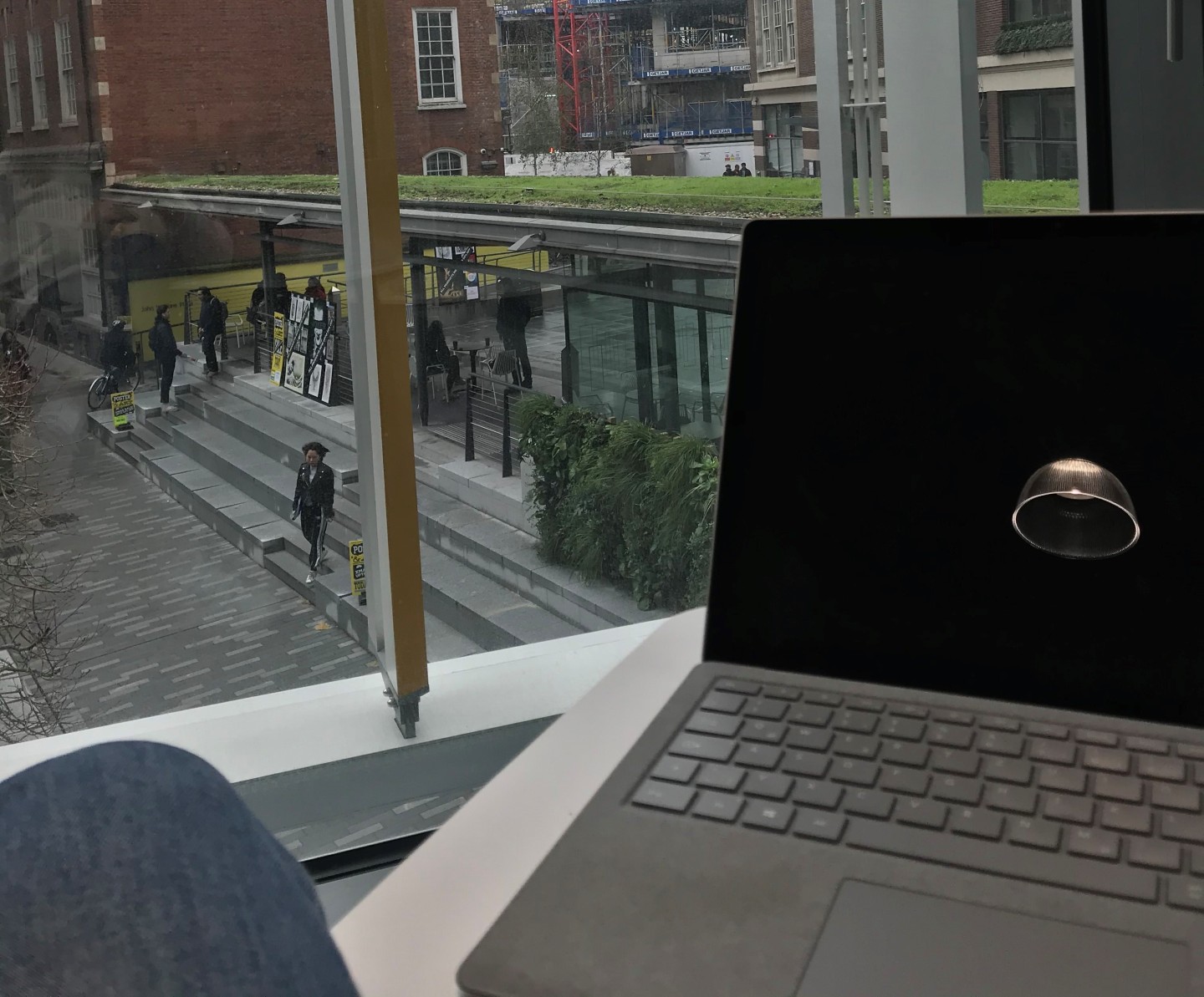As a former International Baccalaureate (IB) student, I’ve heard many rumours from graduates that IB survivors will find their first year of university relatively easy. Well, unfortunately, that is not always the case. Compared to the IB, the types of assessments and coursework can differ depending on your degree here at LSE. So here are some major differences between IB and LSE coursework.
1. Formative and summative assessments
You should be familiar with these terms if you are taking (or took) the IB. Yes, LSE also has formative and summative assessments for each module you take, just like your IB subjects. But now, here’s the thing: every module here at LSE requires you to submit different types of coursework. This is the biggest difference between IB and university, given that all IB subjects have Internal Assessments (IAs) and External Assessments (EAs). Even before you submit your “real IAs” to the IB external examiners, you get several “formative” opportunities to receive feedback from your teachers. EAs – you literally have two years to prepare for them, and every unit exam and mock exam that you take over those two years are similar to your final exam conditions. In terms of my BSc International Relations and History degree, however, the modes of assessment vary. One of my history modules only assesses students with their final exam results, whereas the other requires a 2,000-word essay and the final exam. In terms of my International Relations (IR) courses, they require essays, an opinion piece, and a policy memo. Any exams in IR modules are take-home assessments, meaning that you can read through your notes as you draft your responses. As you can see, you have to adjust to the different modes of assessment for each of your courses; there is no “magic bullet” to ace all of your LSE modules at once.
2. Essays
Speaking of essays, you generally have a wider variety of available choices when selecting essay titles for your LSE courses. I don’t know about every IB subject, but at least my IB History essays tended to answer questions from numerous past papers, all of which my teacher selected in advance. I could even expect which question would come up in my next exam based on the list of past paper questions that I could access. At LSE, you can choose the essay topic and the question by yourself for your formative history essays – if you’re not confident in answering questions that require specific knowledge on a given topic, you can always opt for general questions. There are also instances where the course convenors upload the essay instructions and questions on Moodle (LSE’s online learning platform) at the beginning of the term. This way, students can decide on potential topics for their upcoming essays and prepare them beforehand as they see fit. This is quite different from the IB years, where you never know what question you will pick until you receive the examination paper (even if it is a formative essay).
3. Independent work matters
The teaching hours at LSE are significantly less than that of IB students. Depending on your degree, your typical week here will only comprise of eight to 14 hours of teaching. Compared to six to eight hours of classes per day in your IB weeks, you might be baffled at first. Well, your typical day as an LSE student involves a lot of independent work outside of teaching hours. That could be either catching up with your readings or dealing with mathematical calculations, depending on what your small-group class activities are. Professors expect you to commit time and effort outside of class, as lectures are only meant to be a guided introduction to that week’s topic. Of course, you can always book office hours to ask any further questions to the professor (or to even receive feedback on your performance on recent assessments). LSE faculty are ready to provide any type of academic support for you, but they will never chase you up for your academic progress. If you don’t seek their help proactively, they won’t force you to receive their support.





